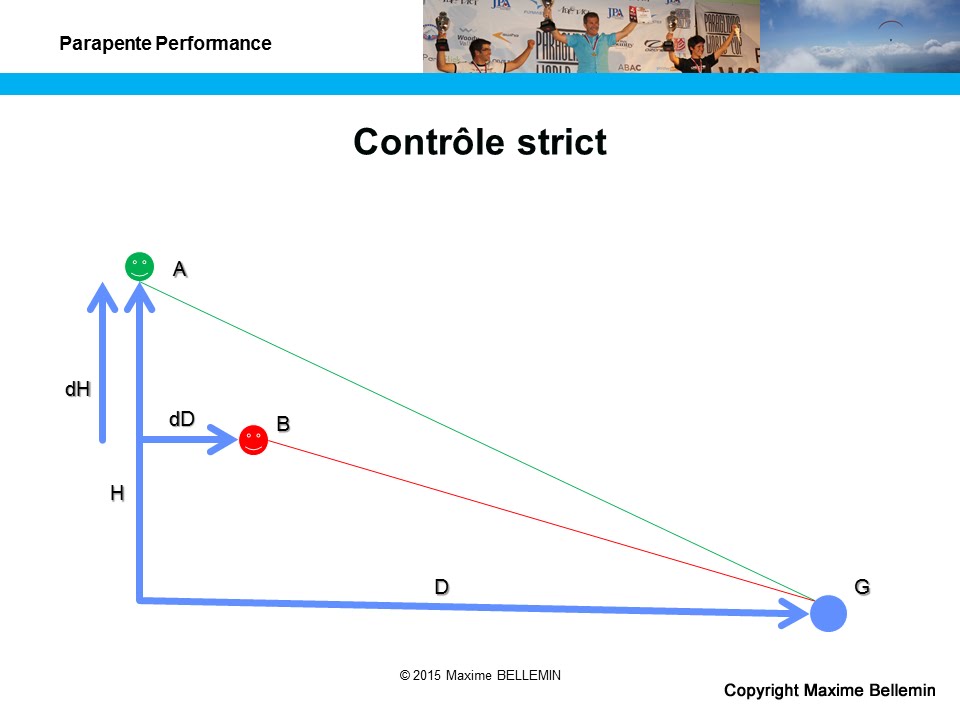Je vais finaliser en 2017 mon DE JEPS de monitorat de vol libre. J’ai d’ores et déjà validé en 2016 les UC cross et SIV. L’année prochaine j’aurai la liberté de monter des stages de mon cru, certainement en binôme avec un(e) autre moniteur(trice) qui serait également pilote de haut niveau. Ces offres de formation se feront en collaboration avec une école labellisée par la FFVL, d’une durée d’une semaine ou d’une journée, en cours individuels ou collectifs.
J’ai créé un questionnaire dont l’objectif est de recueillir vos avis de pilotes de tous niveaux pour cibler vos attentes en matière de contenus de formation et d’accompagnement pour progresser vers du vol de performance. Avec vos réponses je serai en mesure d’établir et vous proposer un programme pour 2017, voire au-delà!
Plus nombreuses seront les réponses, plus intéressante sera l’analyse, alors lancez-vous et faites circuler le lien!
D’ailleurs voici le lien vers le sondage. Vous pouvez également répondre aux questions dans la page, ci-dessous.





